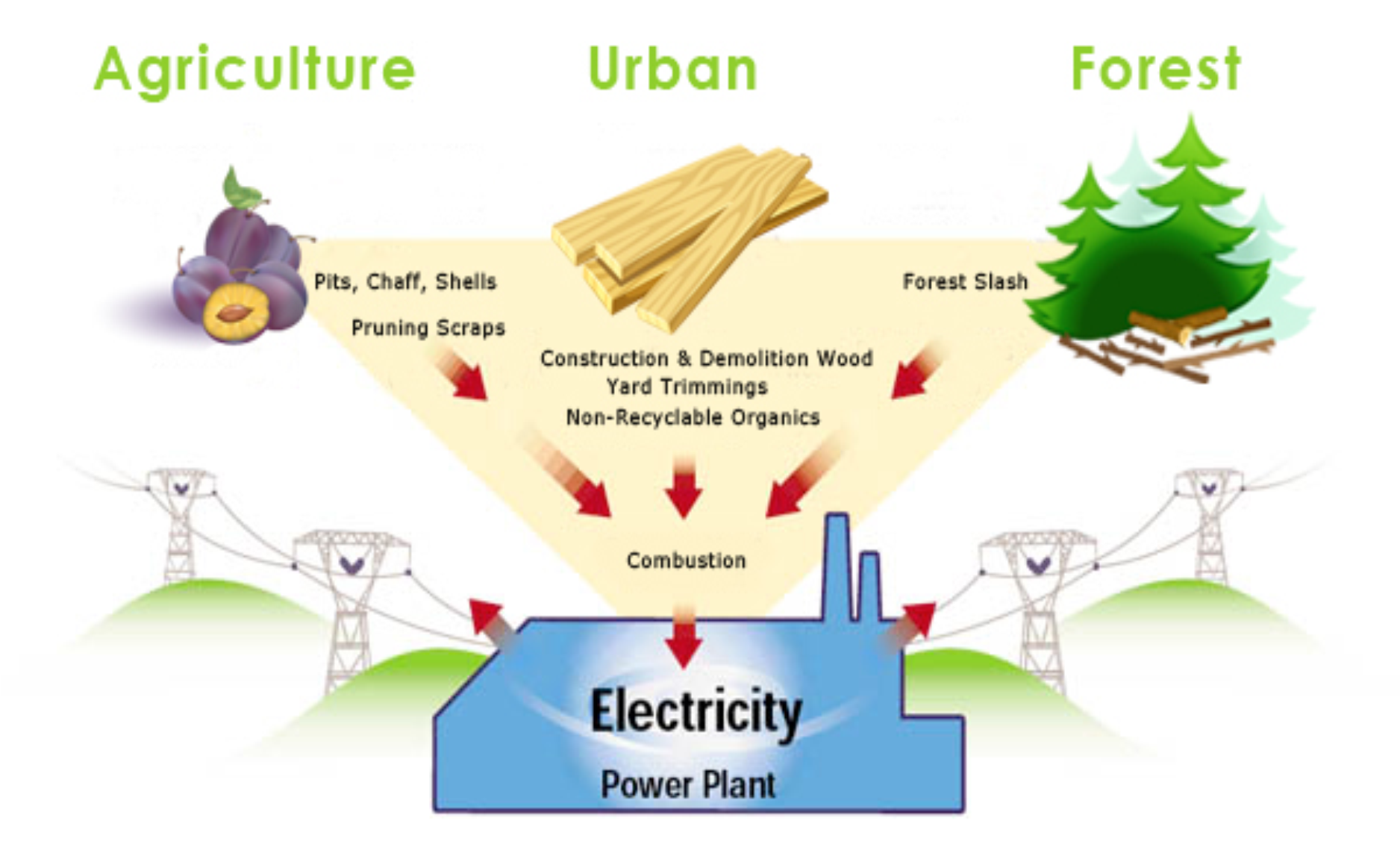how biomass produces energy
Pros and Cons of Renewable Energy You May Not Know About
1. What is renewable energy?
Renewable energy refers to energy sources that are replenished naturally and have a minimal impact on the environment. These sources include solar power, wind power, hydropower, biomass energy, and geothermal energy.

2. What are the advantages of renewable energy?
Some of the advantages of renewable energy are:
- Reduced greenhouse gas emissions
- Decreased dependence on fossil fuels
- Enhanced energy security
- Potential for job creation and economic growth
- Improved air and water quality
- Inexhaustible and endless supply
3. What are the disadvantages of renewable energy?
While renewable energy offers numerous benefits, it also has some drawbacks, including:
- Intermittent availability (for solar and wind energy)
- Expensive initial costs
- Dependence on weather conditions
- Requirement for large land areas
- Potential impact on wildlife and ecosystems
- Challenges in energy storage
4. How does biomass energy work?
Biomass energy is derived from organic materials such as wood, crops, agricultural residues, and organic waste. These materials are processed and converted into heat, electricity, or biofuels through various techniques such as combustion, gasification, and anaerobic digestion.

5. What are the benefits of using biomass energy?
Some advantages of biomass energy include:
- Renewable and sustainable energy source
- Reduction in greenhouse gas emissions
- Utilization of organic waste materials
- Potential for local energy production
- Creation of employment opportunities
- Diversification of the energy mix
6. Can biomass energy replace fossil fuels?
Biomass energy has the potential to partially replace fossil fuels for certain applications. However, complete replacement would require significant advancements in biomass conversion technologies, increased biomass production, and changes in energy consumption patterns.
7. Is biomass energy environmentally friendly?
Biomass energy can be considered environmentally friendly when managed sustainably. Practices such as using residues from forestry and agriculture, promoting responsible land use, and employing efficient conversion technologies can minimize the negative environmental impacts associated with biomass energy production.
8. What are the challenges of implementing biomass energy?
Some challenges in implementing biomass energy include:
- Ensuring a sustainable and reliable biomass supply
- Balancing competing land uses
- Addressing air quality concerns related to biomass combustion
- Managing potential impacts on biodiversity and ecosystems
- Developing cost-effective and efficient conversion technologies
9. What are some successful case studies of biomass energy utilization?
There are several successful case studies showcasing the effective utilization of biomass energy. One such example is the city of Aarhus in Denmark, where a biomass-fired combined heat and power plant provides district heating and electricity for thousands of households. Another case study is the Drax power station in the United Kingdom, which has converted former coal-fired units to run on biomass and has become the largest decarbonization project in Europe.
10. How does biomass energy contribute to sustainable development?
Biomass energy contributes to sustainable development by offering a renewable and low-carbon energy option. It can help reduce greenhouse gas emissions, promote rural development through job creation and income generation, and provide localized and decentralized energy solutions.
11. Are there any ongoing research and development efforts in the field of biomass energy?
Yes, there are continuous research and development efforts focused on improving biomass conversion technologies, optimizing biomass supply chains, enhancing energy efficiency, and exploring innovative uses of biomass residues. These efforts aim to make biomass energy more cost-effective, efficient, and environmentally friendly.
12. How can individuals contribute to the adoption of renewable energy, including biomass energy?
Individuals can contribute to the adoption of renewable energy, including biomass energy, by:
- Installing solar panels or wind turbines for personal energy production
- Supporting policies and incentives for renewable energy development
- Reducing energy consumption through energy-efficient practices
- Advocating for renewable energy awareness and education
- Exploring options to switch to biomass-based heating or transportation fuels